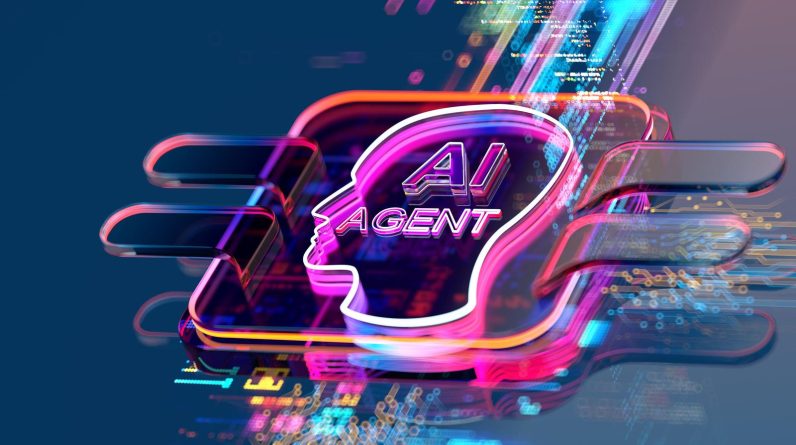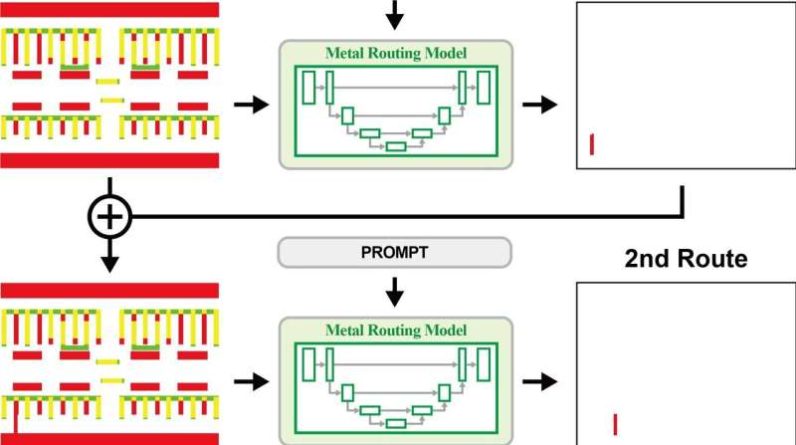
R. Srikumar is the Chief Solutions Officer at Mphasis.
Not too long ago, enterprises across the globe were adopting technology gradually. Even until a few years ago, they still had the flexibility to take their time exploring the best options to enhance efficiency, streamline operations or come up with new offerings. But with GenAI’s arrival, the picture is changing rapidly.
We are now seeing the world experiencing the power of artificial intelligence and responding to it swiftly. GenAI shifted the gears of tech transformation and accelerated its pace, pushing enterprises not only to quickly adopt it but also to ask themselves: What’s next? What more can we do to deliver seamless customer experiences, scale operations, reduce human intervention, cut costs and gain a competitive edge after GenAI? The answer appears to lie in agentic AI.
So, what is agentic AI? How is it different from GenAI, which is already capable of automating tasks, generating content and freeing up human resources for more strategic tasks?
What makes agentic AI the next big thing after GenAI is its ability to make decisions and take actions on its own. With agentic AI, you’re not just getting answers—you’re getting solutions.
What’s more, agentic AI operates autonomously, optimizing goals like sales, improving customer satisfaction or supply chain efficiency. It doesn’t just respond; it searches databases, triggers workflows and executes tasks without constant input. This makes it a powerful tool for businesses seeking efficiency, automation and smarter decisions.
It is no wonder then that in 2024, the agentic AI market was valued at a whopping $5.1 billion and is projected to exceed $47 billion within the next few years.
Understanding Agentic AI’s Features And Benefits
Let’s look at a couple of ways agentic AI could transform the business ecosystem. For instance, when an employee raises a ticket about a slow IT system, a GenAI tool might suggest troubleshooting steps or fixes, still requiring some human intervention.
Agentic AI can diagnose the problem, run a solution and notify the user once resolved. The result? Faster processes and improved employee satisfaction with minimal human intervention.
Agentic AI can help enterprises with myriad processes, from generating meeting notes and summaries to employee onboarding and reviews, while automating tasks. It offloads repetitive workloads, enabling employees to focus on strategic tasks like growth, innovation and enhancing customer experiences.
Another benefit agentic AI brings is adaptability. These tools gather and analyze data from diverse sources, adjust strategies based on new information or changing environments, identify patterns, generate insights and enhance decision making.
Businesses stand to gain greatly from their personalization and communication abilities.
This is because agentic AI enables enterprises to significantly elevate customer experiences by proactively addressing pain points before they escalate. By analyzing vast amounts of past data, identifying patterns and understanding natural human language, these AI agents can anticipate customer needs and deliver personalized, timely solutions.
Compared to GenAI, which generates responses based on data and historical records, agentic AI can produce solutions and take action to resolve issues autonomously. This proactive approach fosters a sense of being understood and valued, leading to increased customer satisfaction. When customers consistently experience seamless, efficient and personalized interactions, they develop a stronger affinity toward the enterprise, driving long-term loyalty and solidifying a positive brand perception.
Why Enterprises Should Consider Adopting Agentic AI
The capabilities of agentic AI are valuable across industries such as financial services, manufacturing, business process outsourcing (BPO) and others where automation and precision are critical for success. According to Gartner, up to 33% of all enterprise software applications will incorporate agentic AI by 2028, a significant jump from less than 1% in 2024.
In financial services, agentic AI strengthens fraud detection and compliance by identifying suspicious activities in customer accounts. By autonomously analyzing transaction patterns and detecting anomalies, it helps financial institutions mitigate risks and ensure regulatory compliance.
The manufacturing sector is also benefiting from agentic AI. Using sensor data from machines and components, AI agents predict maintenance needs, optimize workflows and refine product design.
In the BPO industry, enterprises are leveraging agentic AI to optimize contact centers. Traditional solutions like IVR improved efficiency, but AI-driven automation goes further by reducing dependence on human agents.
The possibilities with agentic AI are vast. According to Gartner, it is expected to autonomously resolve 80% of common customer service issues by 2029, without human intervention. This could cut operational costs by up to 30%.
Balancing Power And Responsibility: Mitigating The Pitfalls
Agentic AI offers remarkable autonomy and can deliver powerful outcomes. However, its implementation also requires careful consideration of potential risks. For instance, agentic AI can make biased decisions if trained on historical data embedded with prejudices. Take hiring processes as an example: An agentic AI trained on biased historical data may automatically reject applications based on gender, race or color.
For safe, ethical and effective deployment of agentic AI, organizations must adopt a well-rounded approach that includes strong governance and accountability frameworks. Such frameworks ensure that autonomous systems operate within defined ethical and operational boundaries, with clearly assigned responsibilities.
To address algorithmic bias, it is essential to use diverse, current datasets and regularly validate models for fairness and accuracy. On the data protection front, regular security audits and strict adherence to data privacy regulations can significantly enhance safeguards for sensitive information.
Ultimately, this perspective must be promoted: While AI can perform tasks independently, it is still a collaborative tool—like a colleague—that helps make work more efficient and impactful. Striking the right balance between AI and human input not only establishes effective oversight but also enables employees to understand and benefit from its true potential.
Today, as the world focuses on advancements to improve human-machine interactions, agentic AI emerges as the next big step to help companies become more agile, responsive and innovative. The potential is immense, but like any other technology, the implementation will involve overcoming multiple challenges.
Forbes Technology Council is an invitation-only community for world-class CIOs, CTOs and technology executives. Do I qualify?





